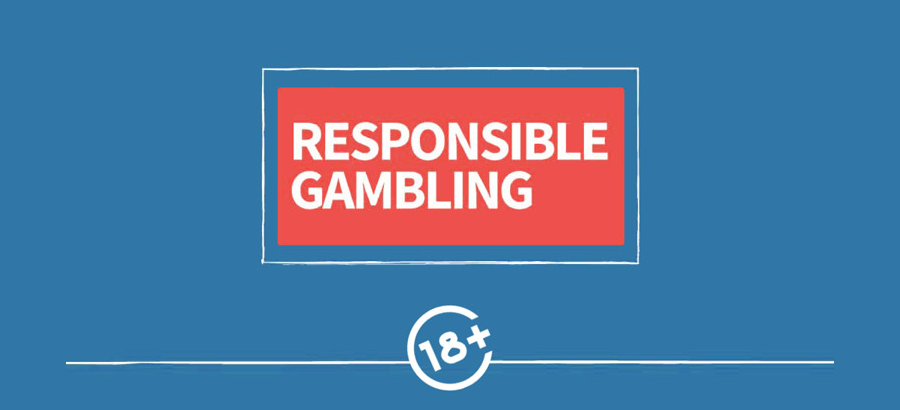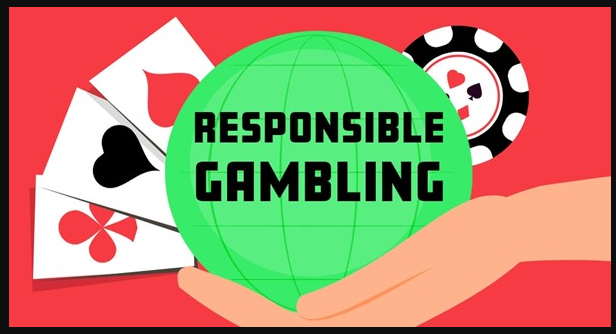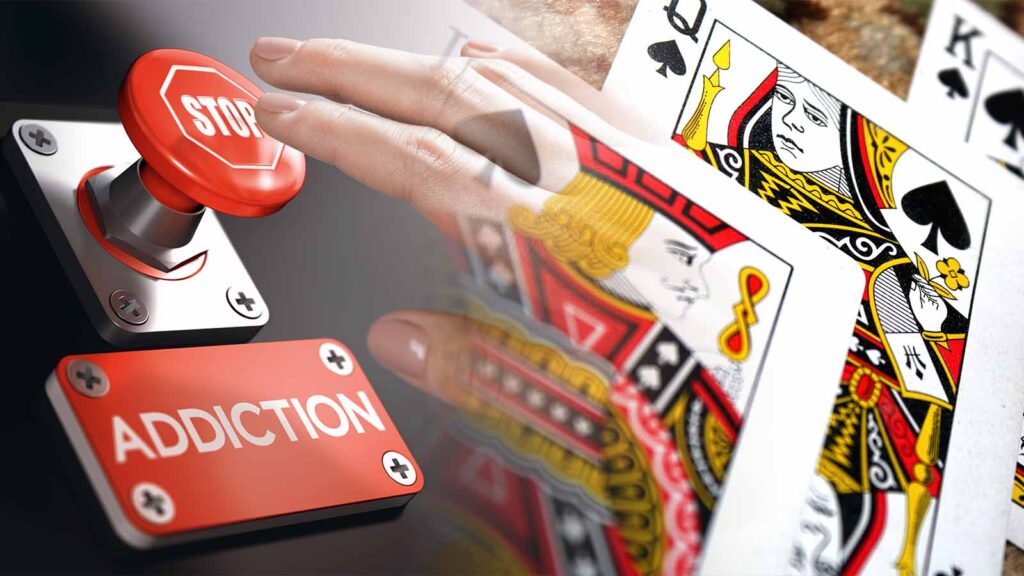Gambling can be an exciting and entertaining activity, but for some individuals, it can lead to serious issues, including addiction. Responsible gaming involves understanding the risks, recognizing problematic behavior, and knowing how to prevent addiction. This article will explore the principles of responsible gaming and provide practical tips on how to enjoy gambling safely.
Understanding Gambling Addiction
Gambling addiction, also known as compulsive gambling or gambling disorder, is a condition characterized by an uncontrollable urge to gamble despite negative consequences. It’s a psychological issue that can lead to significant personal, financial, and social problems. Common signs of gambling addiction include:

- Preoccupation with gambling
- Increasing the amount of money gambled to achieve the desired excitement
- Repeated unsuccessful efforts to control or stop gambling
- Restlessness or irritability when attempting to reduce or stop gambling
- Gambling as a way to escape problems or relieve negative emotions
- Chasing losses with more gambling
- Lying to hide the extent of gambling
- Jeopardizing relationships, job, or educational opportunities due to gambling
Recognizing these signs early can help prevent the progression of gambling addiction.
Principles of Responsible Gaming
Responsible gaming is about making informed decisions and maintaining control over gambling activities. The following principles are fundamental to responsible gaming:
- Knowledge and Awareness: Understanding the risks associated with gambling and being aware of how gambling works, including the odds and house edge, can help manage expectations and prevent unrealistic beliefs about winning.
- Setting Limits: Establishing time and money limits before starting to gamble is crucial. Decide how much time and money you are willing to spend and stick to these limits regardless of the outcome.
- Self-Monitoring: Regularly assessing your gambling behavior is essential. Keep track of time and money spent on gambling and be honest with yourself about any potential issues.
- Balance and Moderation: Gambling should be one of many forms of entertainment. Ensure that it does not interfere with other aspects of your life, such as work, family, and social activities.
- Seeking Help: If you or someone you know is struggling with gambling addiction, it is important to seek help from professionals or support groups.
Practical Tips for Avoiding Gambling Addiction

- Set a Budget: Before you start gambling, decide how much money you can afford to lose. Never gamble with money that is needed for essential expenses like rent, bills, or groceries.
- Limit Time: Set a time limit for your gambling activities. It’s easy to lose track of time while gambling, so use a timer or an alarm to remind you when it’s time to stop.
- Avoid Chasing Losses: Accept that losing is part of gambling. Trying to win back lost money often leads to larger losses and increased frustration.
- Take Regular Breaks: Taking frequent breaks during gambling sessions helps maintain perspective and prevents getting caught up in the moment.
- Don’t Gamble When Emotional: Avoid gambling when you are feeling stressed, depressed, or angry. Emotions can cloud judgment and lead to impulsive decisions.
- Avoid Alcohol and Drugs: Substance use can impair judgment and increase the likelihood of risky gambling behavior.
- Use Self-Exclusion Tools: Many online and land-based casinos offer self-exclusion programs that allow individuals to voluntarily ban themselves from gambling activities for a specified period.
- Stay Educated: Continually educate yourself about responsible gaming practices and the risks associated with gambling. Many resources are available online and through gambling organizations.
Seeking Help and Support

If you recognize that gambling is becoming a problem, it’s important to seek help early. Here are some steps you can take:
- Talk to Someone: Confide in a trusted friend or family member about your gambling concerns. Sharing your struggles can provide relief and support.
- Professional Help: Consider seeking help from a mental health professional who specializes in gambling addiction. Therapies such as cognitive-behavioral therapy (CBT) have been effective in treating gambling disorder.
- Support Groups: Join a support group such as Gamblers Anonymous, where you can share experiences and gain support from others who understand your situation.
- Helplines: Many countries have helplines dedicated to helping individuals with gambling problems. These services offer confidential advice and support.
- Online Resources: Utilize online resources and forums that provide information and support for those struggling with gambling addiction.
Gambling can be a fun and enjoyable activity when approached with responsibility and awareness. By understanding the risks, setting limits, and seeking help when necessary, individuals can enjoy gambling without falling into the trap of addiction. Remember, the key to responsible gaming is maintaining control and making informed choices. If you ever feel that gambling is taking over your life, don’t hesitate to seek support. Responsible gaming ensures that gambling remains a positive and entertaining experience.

